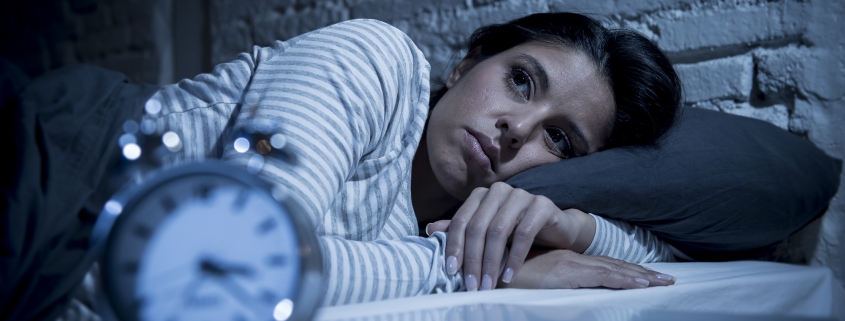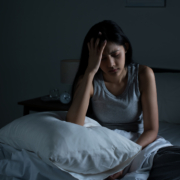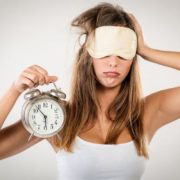The 5 Leading Causes of Sleepless Nights and How to Combat Them
The 5 Leading Causes of Sleepless Nights and How to Combat Them
At Comprehensive Sleep Care Center, we know how crucial a good night’s sleep is for your overall well-being. Unfortunately, sleepless nights are all too common for many people. If you’ve ever tossed and turned, staring at the ceiling while the hours tick by, you’re not alone. Sleeplessness can be caused by a variety of factors—some are temporary, while others may need professional attention. Let’s dive into the five leading causes of sleepless nights and how you can address them for a healthier, more restful life.
1. Stress and Anxiety
Stress and anxiety are two of the most common causes of sleepless nights. When your mind races with worries about work, relationships, or health, it can be nearly impossible to relax enough to fall asleep.
How to Combat It:
- Practice Relaxation Techniques: Incorporating mindfulness exercises, deep breathing, or progressive muscle relaxation before bed can help calm your mind and body.
- Create a Wind-Down Routine: Set aside 30-60 minutes before bed to engage in relaxing activities like reading or listening to calming music.
2. Poor Sleep Environment
Your bedroom environment plays a significant role in the quality of your sleep. Factors like noise, light, and even the temperature of your room can affect how well you sleep.
How to Combat It:
- Optimize Your Space: Keep your room dark, cool, and quiet. Consider blackout curtains or a white noise machine if you live in a noisy area.
- Invest in Comfort: Make sure your mattress, pillows, and bedding are comfortable and supportive for your body type and sleep style.
3. Caffeine and Late-Night Eating
The food and drinks you consume, especially close to bedtime, can interfere with your sleep. Caffeine, nicotine, and alcohol are stimulants that can make falling asleep difficult, while heavy meals may lead to discomfort or indigestion.
How to Combat It:
- Limit Caffeine Intake: Try to avoid caffeine at least 6 hours before bed. This includes coffee, tea, chocolate, and some sodas.
- Watch Your Meal Timing: Eat your last meal 2-3 hours before bed and opt for lighter fare that won’t leave you feeling too full.
4. Sleep Disorders
Sometimes, the root of sleepless nights is more complex than stress or lifestyle habits. Conditions such as sleep apnea, restless legs syndrome, or insomnia can significantly disrupt your sleep patterns.
How to Combat It:
- Seek Professional Help: If you suspect a sleep disorder is behind your sleepless nights, consult a sleep specialist for a diagnosis and treatment plan.
- Monitor Your Symptoms: Keep a sleep diary to track your sleep patterns, which can help your doctor identify the problem.
5. Inconsistent Sleep Schedule
Irregular sleep patterns—whether due to shift work, traveling across time zones, or inconsistent bedtimes—can throw off your body’s internal clock. When your circadian rhythm is out of sync, falling and staying asleep becomes much harder.
How to Combat It:
- Stick to a Routine: Try to go to bed and wake up at the same time every day, even on weekends. This helps regulate your body’s natural sleep-wake cycle.
- Get Some Sun: Exposure to natural light during the day, especially in the morning, helps your body recognize when it’s time to be awake and when it’s time to sleep.
When to Seek Help
While many sleep issues can be addressed with lifestyle changes, ongoing sleep problems may require professional evaluation. At Comprehensive Sleep Care Center, we specialize in diagnosing and treating sleep disorders that affect your quality of life. If you’re experiencing chronic sleeplessness, we’re here to help you get the rest you deserve.
Ready to take the next step toward better sleep? Contact Comprehensive Sleep Care Center today to schedule a consultation with our sleep specialists.
About Comprehensive Sleep Care Center
At Comprehensive Sleep Care Center, we are dedicated to helping patients of all ages improve their sleep health. With cutting-edge technology and personalized care, our team of sleep specialists works to diagnose and treat a wide range of sleep disorders. Let us help you find your path to better sleep and better health.











